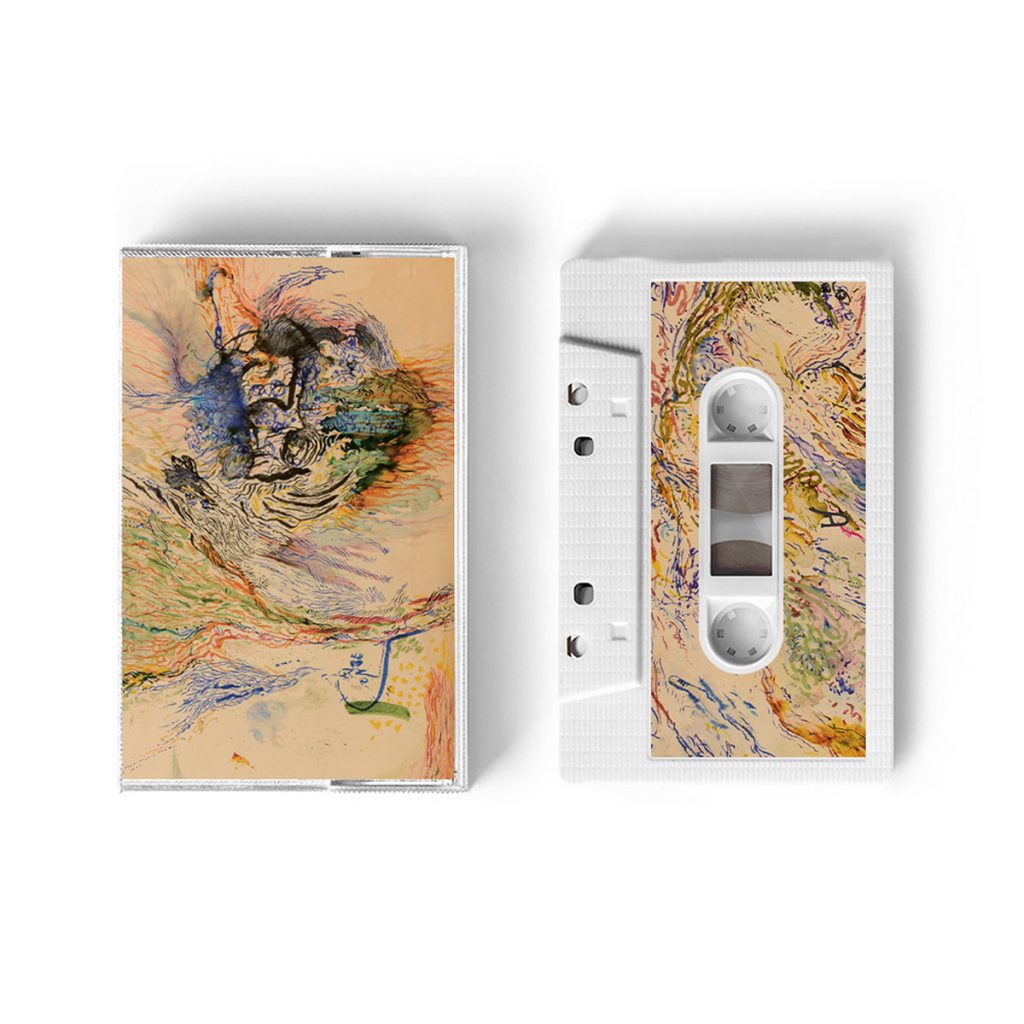OPLA – GTI
2.16.23 by Matty McPherson

About a year ago I contracted the first in a trilogy of food poisoning adventures that marred the year 2022. There is no fondness or nostalgia for these days, just a buttered-up sense of apathy. This first incident was noteworthy in that it seemed to correspond to the time when the family’s Bosch dishwater did what all mid-00s bosch dishwasher are prone to doing: catching fire and (almost) causing an irreversible damage to the current state of affairs. It crackled and coughed up a black lung when it caught fire that night, creating a raw carnal smell that still echoes a year on; I still find myself in that catatonic food poison shock scarred by the noise. Although I’m not certain I really miss the old Bosch now that we have the new Bosch, nor if that this story has anything to do with the latest release from Polish-based Pointless Geometry cassette label, OPLA’s GTI.
Well maybe the C34 is having these memories run amok again because of the sound palette. Hubert Zemler (drummer/free improvisor/compser) and Piotr Bukowski’s (guitarist/composer/film score enthusiast) work as OPLA is supposed to be a “reinterpretation of traditional Polish dances”; if you’re a regional music head then you’ll likely raise a hearty glass towards the oberek phrases and tripartite metros embellished within this electronic sound of plastics. In other words, yes the “folk music” here sounds akin to the family’s Bosch giving up the ghost during that fateful terminal dishwasher cycle. Over the course of 6 tracks, Zemler and Bukowski marry the abstract to these patterns and movement, both finding a rigidity flourishing as well as a space for the eerie.
There are, in other words, two logics at play. Take a cut like LOP for instance. On one hand there is an arpeggio that moves akin to a 16-bit platformer that gives the piece its core. Yet, on top of that palette are the percussion “booms” and “clanks” that appear on their own logic and with the sharp crash akin to what a synthesizer afforded Keith Levine on PiL’s Careering. Meanwhile, FAX bleeps and bloops as jagged guitar glides over and improvises a heart to this movement. YPN’s one cantankerous synth loop fences against guitar jitters and hi-hat debris that swings uptempo and flourishes with curiosity. RAM is about the only cut that strips back the electronics to present rudimentary loops and clanks akin to a dusty folk sound.
These kind of patterns–deep listening synths and hyperrealist POPS–that give GTI its deftness and a gripping listenability. It begets a dance music, but the context it comes from has been warped through mechanization and industrialization. What’s left of those Polish dances is akin to showing up to the ballroom at 3AM instead of 3PM; all that’s left is a low drone of an HVAC and a scratchy karaoke machine no one loved enough to return and get their deposit back for. The spaces between become something new, akin to washer cycles and daily alerts flowing like ephemera. OPLA might be capturing a modern tension as much as expanding a regional sound into electronics to find a new truth of sorts within the routinization such tools offer. What I do know though, is that it won’t catch fire and suddenly explode on me. At least I hope not.
Tapes Sold Out at the Pointless Geometry Bandcamp!
